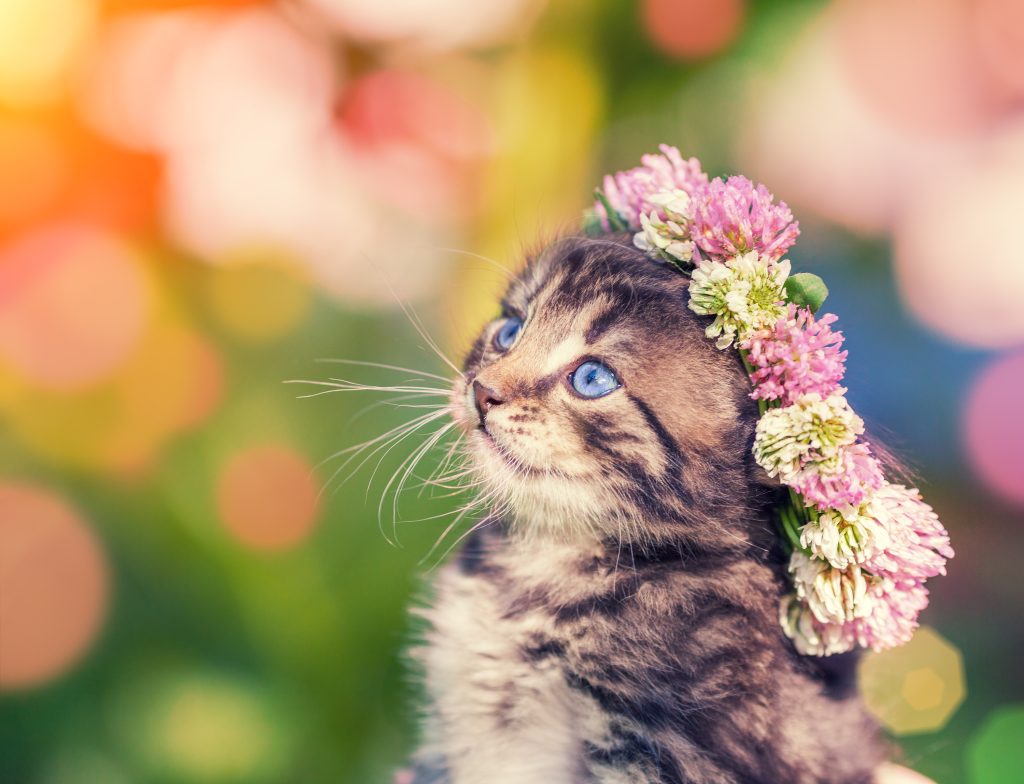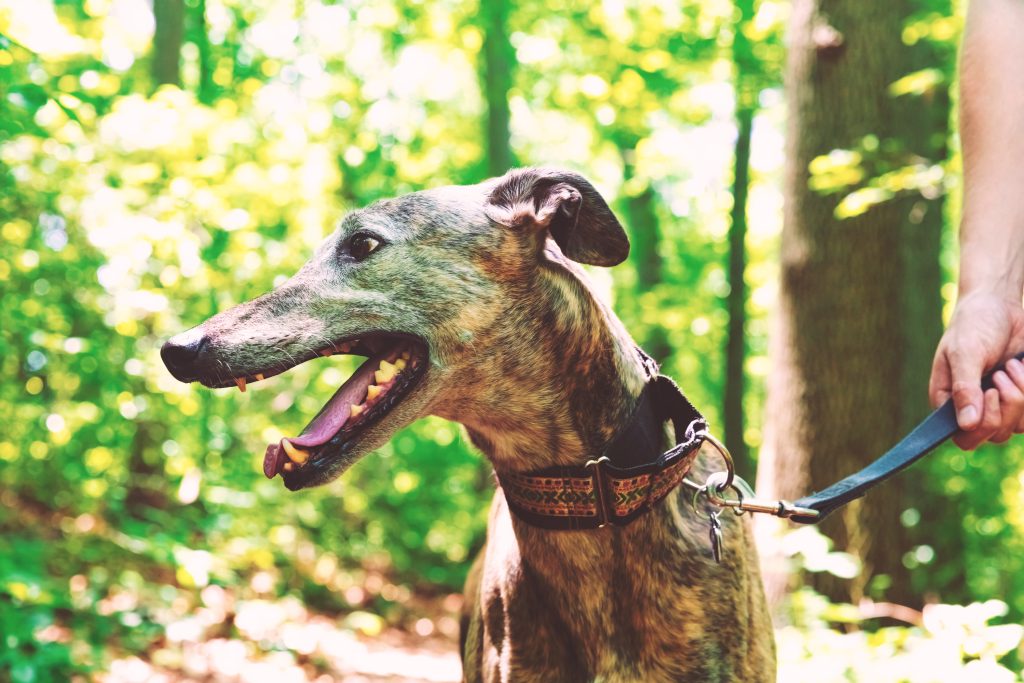Welcome to the world of puppy training! Training your new furry friend can be a fun and rewarding experience for both you and your dog. In this blog post, we will discuss everything you need to know about choosing the best treats and toys for your pup’s personality, as well as how to use reward-based training techniques to teach them good behavior. Let’s get started!
Introduction to Puppy Training:
Puppy training is an essential part of raising a well-behaved dog. It helps establish boundaries and teaches your pup important skills like obedience, potty training, and socialization. The key to successful puppy training is consistency, patience, and positive reinforcement. Always remember to praise your pup when they do something right and never scold or punish them harshly.
The Best Treats for Puppy Training:
When it comes to training your puppy, selecting the right treat is crucial. You want a treat that is small enough for your pup to easily eat but still provides them with motivation to learn. Some popular options include baby carrots, cooked chicken breast, cheese cubes, and plain popcorn. Avoid using high-calorie treats like hot dogs or bacon because these can lead to weight gain and health problems in the future.
Choosing the Right Toys for Your Puppy’s Personality:
Toys are not only great for keeping your pup entertained but also play an essential role in their development. Choose toys that match your pup’s personality and energy level. For example, if your pup loves to fetch, choose a durable ball or frisbee. If they prefer to snuggle, opt for soft stuffed animals or plush toys. Make sure to supervise your pup while playing with toys to prevent any potential hazards.
How to Use Reward-Based Training with Your Puppy:
Reward-based training involves using positive reinforcement to encourage desired behaviors from your pup. Whenever your pup does something good, give them a treat or verbal praise. This technique works by associating good behavior with rewards, which makes your pup more likely to repeat those actions in the future. Consistency is key here; always follow through with rewards every time your pup performs the desired action.
Common Mistakes to Avoid When Training Your Puppy:
Training your puppy requires patience and dedication. Here are some common mistakes to avoid during the process:
1. Using physical force or aggression towards your pup – this can cause fear and anxiety and make training more difficult.
2. Not being consistent with commands – your pup needs to understand what you expect from them, so stick to one set of rules.
3. Ignoring bad behavior – even seemingly minor misbehavior should be addressed promptly before it becomes a bigger problem.
4. Overwhelming your pup with too much information at once – start with basic commands and build up gradually over time.
5. Neglecting socialization – exposure to different people, places, and situations is critical for your pup’s overall development.
To wrap up, training your puppy takes effort and commitment, but it’s worth it to have a well-mannered companion who brings joy into your life. Remember to select the best treats and toys for your pup’s personality, use reward-based training techniques, and avoid common pitfalls along the way. Good luck on your journey!


